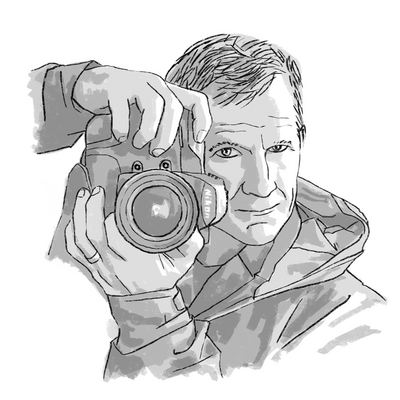Error loading media: File could not be played
00:0000:0000:00
00:00
 Scott Peterson
Scott Peterson
Five Americans released by Iran Monday touched down in Doha, Qatar, before being flown home to the United States. The Iranian-American dual citizens had been held in Evin Prison for between five and nearly eight years.
For the prisoners and their families, the complex U.S.-Iran prisoner swap brought a profound surge of relief to be free. But it also marked a triumph of quiet diplomacy between archfoes. For more than a year, American officials have negotiated indirectly with Iran – through Qatari intermediaries – to release the Iranian-Americans they declared “wrongfully detained,” in exchange for five Iranians held in the U.S.
The deal controversially allows Iran to access $6 billion of its oil revenue, which had been frozen by U.S. sanctions. The funds are strictly limited to purchases of humanitarian food and medicine – overseen by Qatar and the U.S. Treasury.
Critics charge that the deal will free up cash for Iranian repression at home and militant activity abroad, as well as encourage more hostage-taking. But Iran has never skimped on those expenditures – regardless of the poor state of its economy. Instead, the deal may give momentum to a broader, informal process of regional de-escalation.
Iran’s nuclear program appears to have slowed production of its highest uranium enrichment levels, according to the United Nations nuclear watchdog agency. And Iran-backed forces have not attacked U.S. troops in Syria for six months, or American assets in Iraq for three months.
The prisoner swap comes, too, as Iran and U.S. ally Saudi Arabia begin to mend fences. This week at the U.N. General Assembly, Iran is due to sit down with Persian Gulf countries for the first time in recent memory.
So in a long-awaited homecoming is also perhaps a rare sign of diplomatic possibility. This “is the first time that Iran and the U.S. have gone beyond the realm of nuclear negotiations,” said Ali Vaez of the International Crisis Group in a post-release briefing. That “could be indicative of the general direction in which negotiations will move in the future.”

Our name is about honesty. The Monitor is owned by The Christian Science Church, and we’ve always been transparent about that.
The Church publishes the Monitor because it sees good journalism as vital to progress in the world. Since 1908, we’ve aimed “to injure no man, but to bless all mankind,” as our founder, Mary Baker Eddy, put it.
Here, you’ll find award-winning journalism not driven by commercial influences – a news organization that takes seriously its mission to uplift the world by seeking solutions and finding reasons for credible hope.
Explore values journalism About us